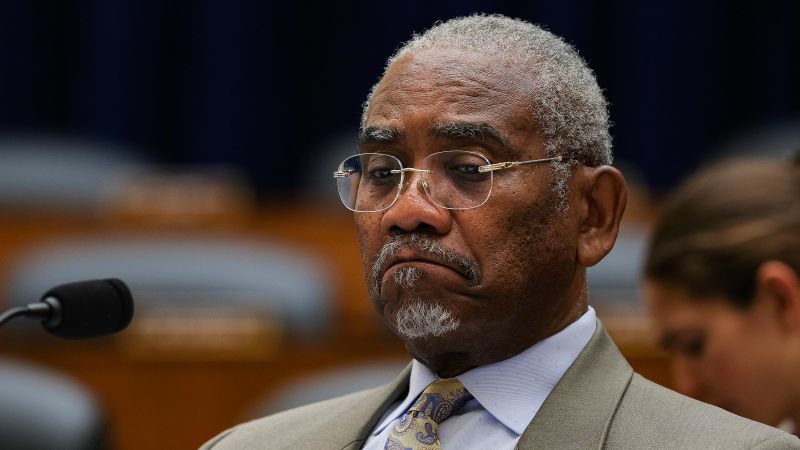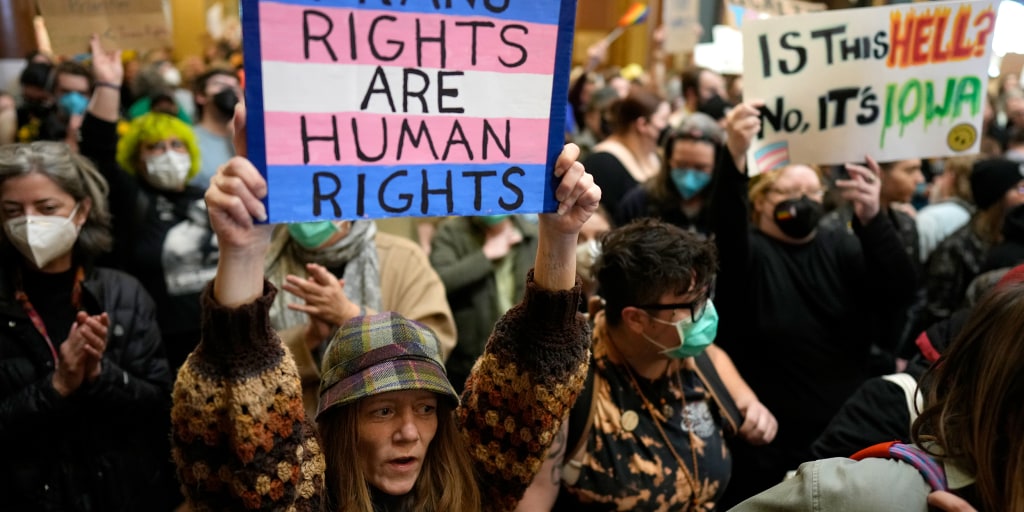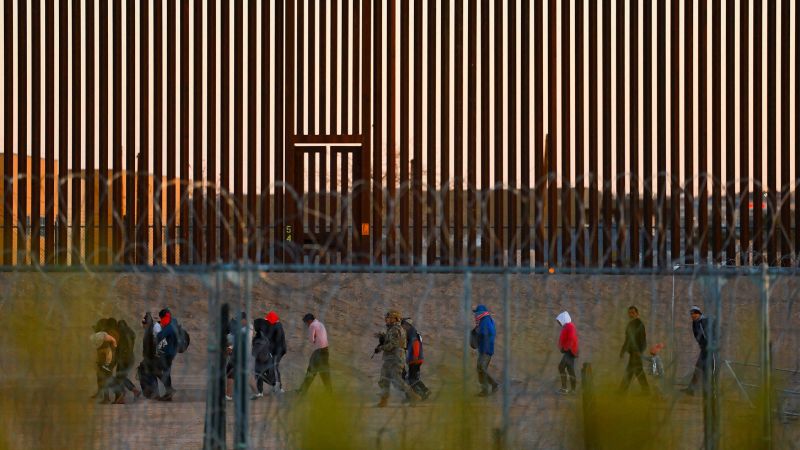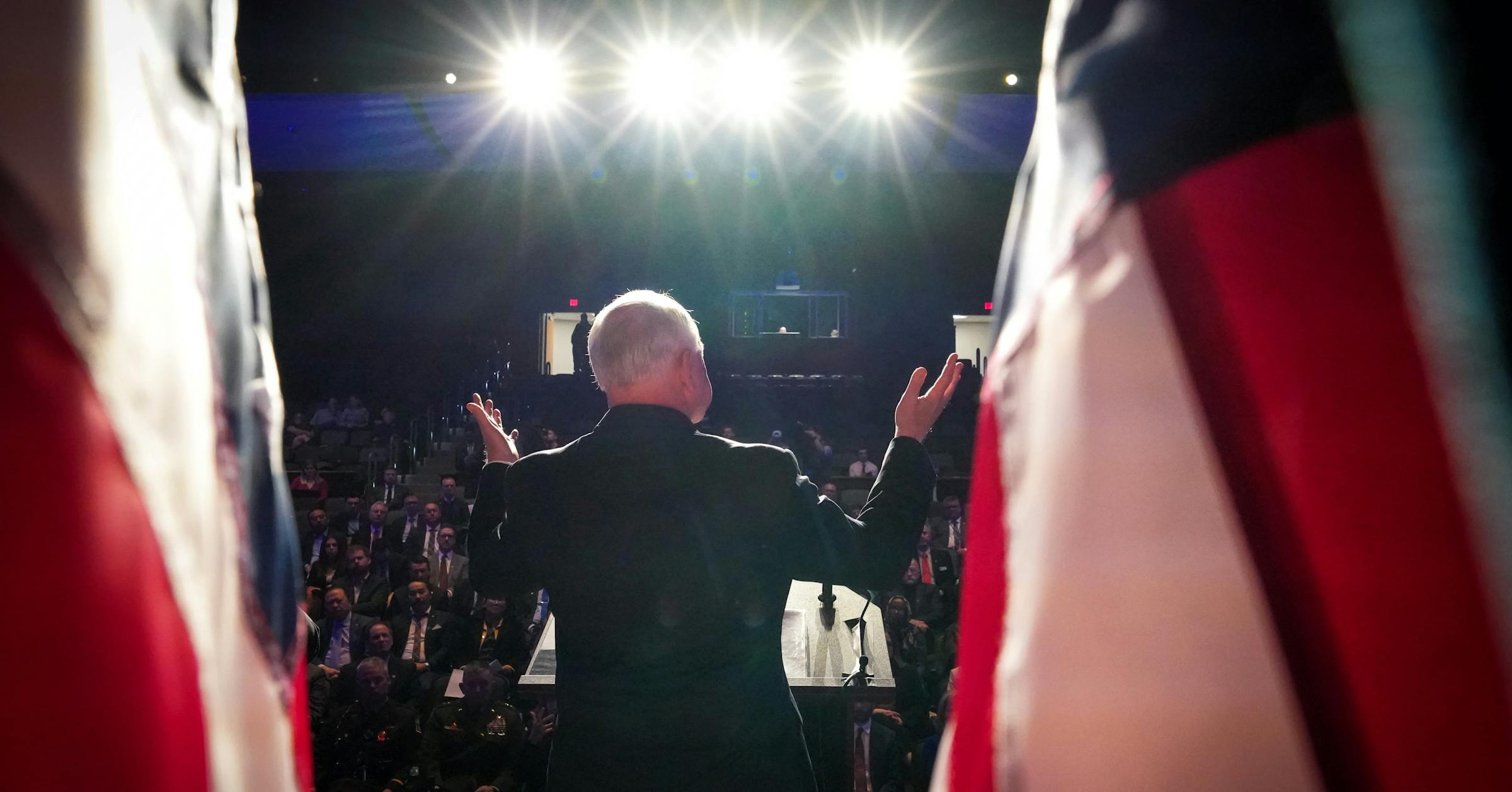Pentagon's Transgender Military Ban: Supreme Court Showdown Looms
Politics
2025-04-24 15:12:17Content
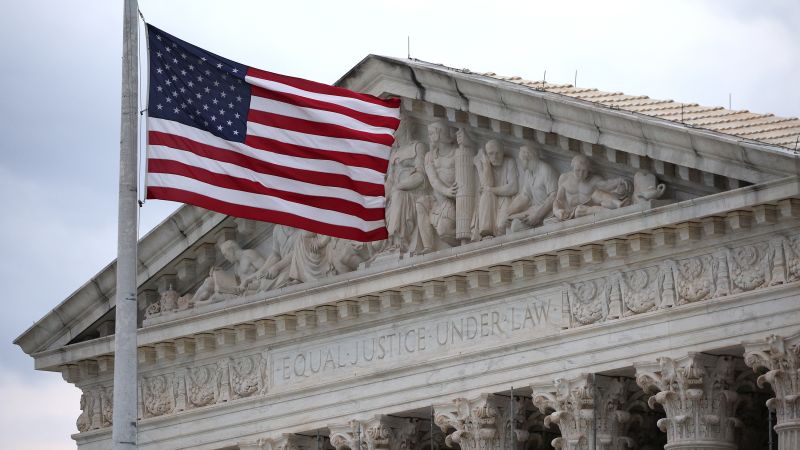
In a bold legal maneuver, the Trump administration has escalated its controversial transgender military ban by appealing directly to the Supreme Court. The request seeks to override previous legal challenges that have repeatedly blocked the implementation of the policy, signaling the administration's determination to restrict transgender individuals from serving in the military.
The move comes after a series of judicial setbacks that have consistently challenged the administration's stance on transgender service members. By petitioning the nation's highest court, the Trump team hopes to bypass lower court rulings and swiftly enforce its proposed ban, which would fundamentally alter the military's current inclusive recruitment practices.
This latest legal strategy underscores the ongoing tension between the administration's policy goals and the rights of transgender individuals seeking to serve their country. The Supreme Court's potential decision could have far-reaching implications for military service, equal rights, and gender discrimination in the United States.
Transgender Military Service: A Controversial Policy Unfolding in the Supreme Court
In the complex landscape of military policy and civil rights, the Trump administration's pursuit of a transgender service member ban has emerged as a pivotal legal battleground, challenging fundamental principles of inclusivity and military readiness.Breaking Barriers: The Legal Fight for Transgender Military Participation
Historical Context of Military Inclusion
The evolution of military service policies reflects broader societal transformations in understanding gender identity and professional capabilities. Historically, military institutions have grappled with discriminatory practices, gradually dismantling barriers based on race, gender, and sexual orientation. The transgender service member ban represents another critical juncture in this ongoing dialogue about equality and institutional adaptation. Transgender individuals have long demonstrated remarkable resilience and commitment to national service, challenging preconceived notions about their ability to contribute effectively to military operations. Their experiences highlight the disconnect between outdated stereotypes and the complex realities of modern military requirements.Legal Challenges and Constitutional Implications
The Supreme Court's involvement in this contentious issue underscores the profound constitutional questions surrounding military service and individual rights. Previous legal challenges have consistently questioned the administrative rationale behind blanket exclusionary policies, emphasizing the importance of individual merit over broad categorical restrictions. Multiple federal courts have previously ruled against similar transgender service bans, citing insufficient evidence supporting claims of military disruption or decreased operational effectiveness. These judicial interventions reflect a growing recognition of the need for evidence-based policy-making that prioritizes individual capabilities over demographic characteristics.Operational Readiness and Institutional Adaptability
Military institutions worldwide have increasingly recognized the value of diverse personnel, understanding that inclusive policies enhance organizational flexibility and operational effectiveness. Transgender service members bring unique perspectives, skills, and experiences that can strengthen military capabilities. Comprehensive studies have consistently demonstrated that gender identity does not inherently compromise an individual's ability to perform critical military functions. Professional competence, physical fitness, and psychological resilience remain the primary determinants of military effectiveness.Psychological and Social Dimensions
The ongoing legal battle extends beyond immediate military considerations, representing a broader societal conversation about recognition, respect, and fundamental human dignity. Transgender service members face unique psychological challenges, navigating complex institutional environments while maintaining professional excellence. Support systems, inclusive policies, and institutional cultural transformation are crucial in creating environments where all service members can thrive, regardless of gender identity. The Supreme Court's decision will likely have far-reaching implications for future military recruitment and personnel management strategies.International Comparative Perspectives
Many progressive militaries globally have successfully integrated transgender personnel, demonstrating that inclusive policies can coexist with robust operational standards. These international examples provide valuable insights into potential approaches for addressing diversity and individual rights within military contexts. Countries like Canada, Australia, and several European nations have implemented comprehensive policies supporting transgender military participation, offering empirical evidence challenging restrictive administrative approaches.Future Policy Implications
The Supreme Court's forthcoming decision represents a critical moment in defining military personnel policies. Beyond immediate legal outcomes, the case will likely influence future discussions about institutional inclusivity, individual rights, and the evolving nature of professional service. Potential resolutions could establish precedents for addressing complex intersections between institutional requirements and individual identity, potentially reshaping understanding of professional capabilities and organizational adaptability.RELATED NEWS
Politics
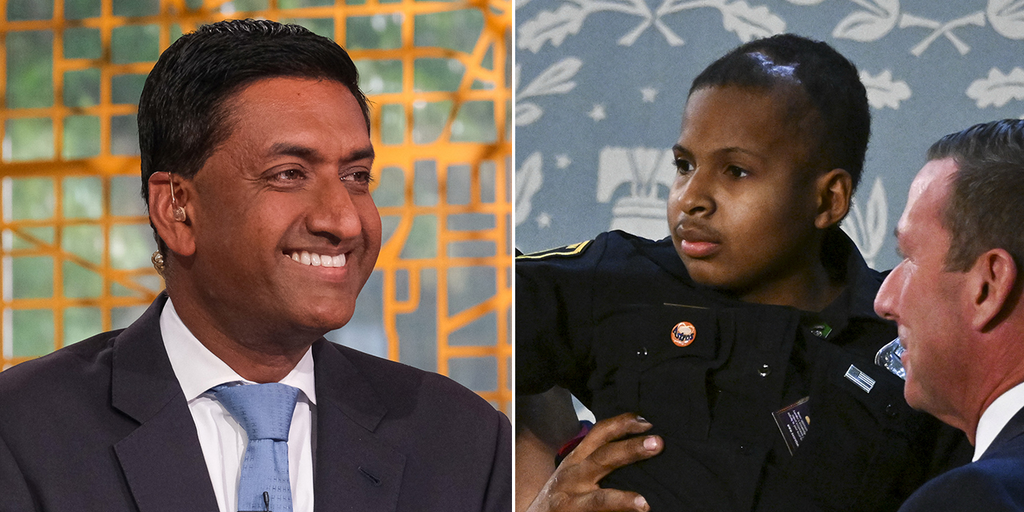
Heartbreak at 30,000 Feet: Dem Confronts Party's Cold Shoulder to Young Cancer Patient
2025-03-07 18:42:32
Politics

Insider Reveals: Trump Cabinet Member's Candid Response to Plummeting Popularity Polls
2025-04-27 18:40:24
